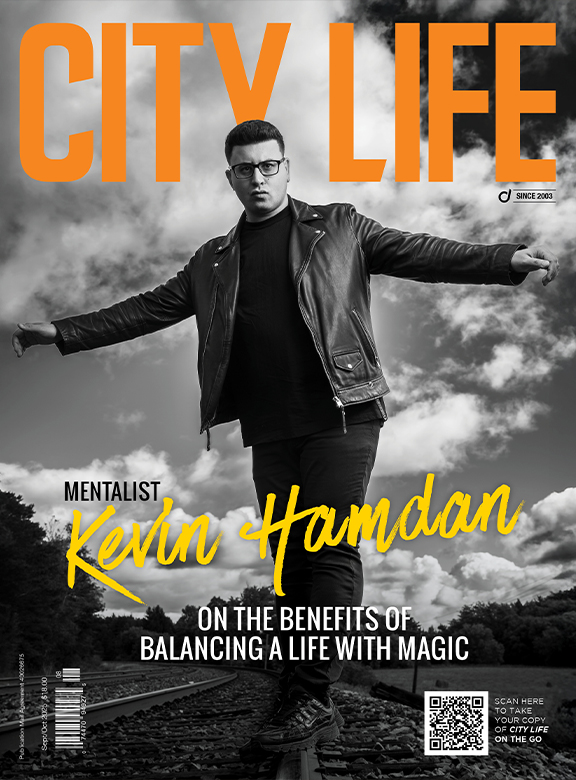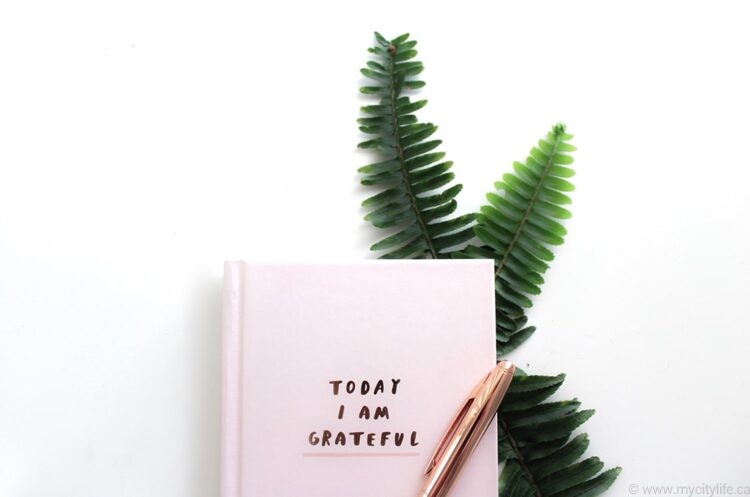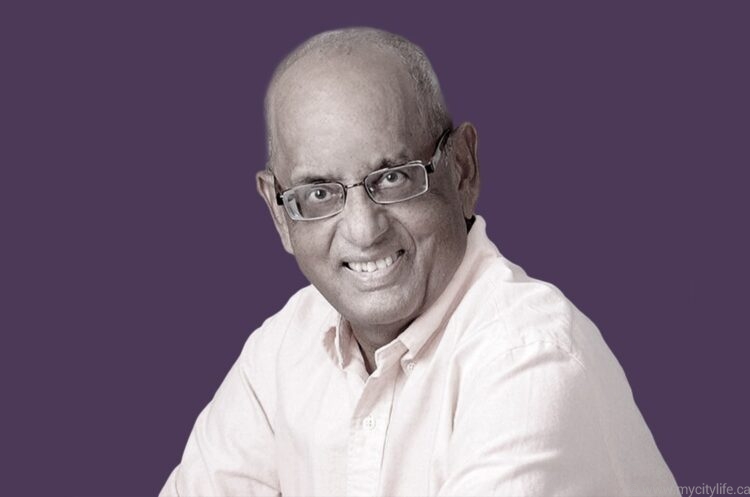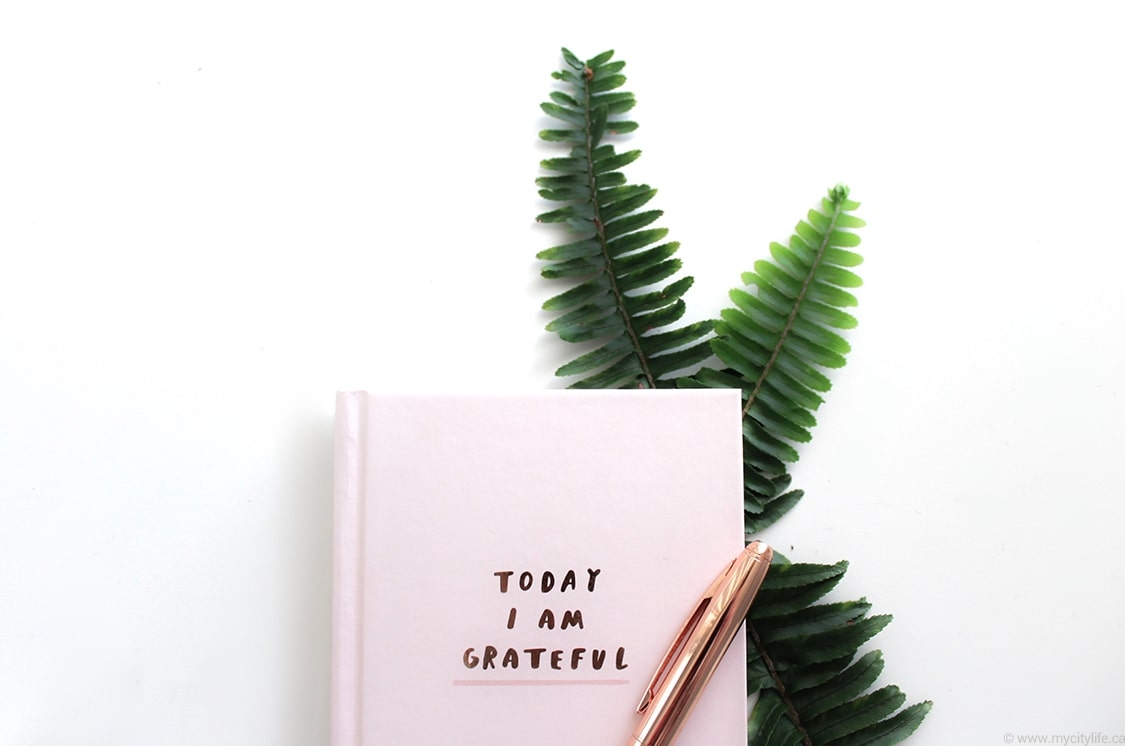Cultivating Gratitude In 2022
Dr. Krishna Bhatta dreams of a world where Eastern wisdom and Western discoveries embrace each other to make the world a better place. Let’s take a look at this perspective on cultivating gratitude no matter who you are or where you come from.
Gratitude is a song of the heart that is full of peace, positivity and happiness. While gratitude is not something that we can or should practise, it may be cultivated simply by allowing the heart to express itself. Allow me to explain.
In the West, we are used to living in our heads nearly all the time, and understandably so. “Head” plays a critically important role in all our lives. The brain is what allows us to learn and use complex tools. The mind is what we use to explore intellectual pursuits like science, which we equate with progress. But we need to take a break from the head and visit the heart from time to time.
Why? Because the heart is where joy and happiness reside. The more the heart is pushed aside by the mind, the less happy and joyful we become, and the more stressed and indifferent, even cynical, our mindset becomes.
“Once you lose the connection to your heart, you exist without gratitude”
Is it any wonder that, even before the pandemic, depression and anxiety were epidemic in Western culture, particularly among young people, who traditionally should be living from their hearts the most?
I would suggest that living in the mind is itself a pandemic. The apps on our phones are designed to appeal to the head, not the heart. They promise to fill our brains with information and data, from new languages to investment ideas that will make us rich without effort. Intelligence offers outsized rewards in our culture, from money to status, as well as the impossibility of making sense of a world often in chaos.
Wrapped up in all this potential, we forget that the mind consists of two parts: mindfulness and minding.
Be mindful that mindfulness requires empathy and self-awareness. Gratitude is a property of the heart. You can let it out or let it go, but you cannot internalize it, even by chanting a mantra or doing yoga poses. Once you lose the connection to your heart, you exist without gratitude.
We are taught to think of our personal journeys in terms of individual growth and accomplishments. But journeys are both individual and collective. The collective part of the journey will influence the individual part, as our outer selves influence our inner being. For example, my childhood in a small village in India placed me on a different journey than that of someone of the same age born in the United States. While I cannot walk to the Himalayas from where I now live in Maine, this does not stop me from connecting to my heart. Because even in a crowded, capitalist society, I may find silence in a lonely campsite or along the Appalachian Trail, for example.
Because meditation is about connecting with our hearts and releasing gratitude, we may call it prayer or decompressing or simply relaxing, but the result is the same.
What do I meditate on? That the people and places that helped in my journey have made the “me” I am now, for example. How can I not be thankful and grateful for all of them? At the same time, how can I be thankful without acknowledging their effect on my heart?
Now my gratitude overflows in thankfulness, a sign of the abundance of heart. When we are connected internally, gratitude will flow from the inner space of consciousness outside of the nucleus. This is the space where emotions live.
I think that we all want to be grateful. Many of us use religions to find a spiritual place, and religions can be a great support when trying to live in the heart.
Even in the hardest of circumstances, such as a prison, there is freedom inside us, and we should relish that gift. We should be grateful for our internal and external freedom, our hearts and our minds. Suffering and isolation often bring connection because they are a shared experience. Do not fear. Let the gratitude arise for all that has come your way.
About Dr. Krishna Bhatta
Dr. Krishna Bhatta is an author, surgeon and inventor, currently practicing as chief of urology at Northern Light Eastern Maine Medical Center in Bangor, Maine. Dr. Bhatta began his life in a small Indian village, attended Patna Medical College in India and continued his education in the United Kingdom. He completed his research and medical training at Massachusetts General Hospital in Boston before settling down in Maine. Dr. Bhatta takes joy in sharing what he has learned and earnestly hopes to further the spiritual discoveries of generations to come. He dreams of a world where Eastern wisdom and Western discoveries embrace each other to make the world a better place.
About Relaxx App
Relaxx’s goal is to bring material change to the people of the world by connecting their inner flame with their daily routine. With tools, techniques, content, and an application, we can effect change in people’s lives immediately, helping companies and families around the world; the world needs us more than ever. Dr. Krishna Bhatta is the founder of Relaxx App. The app has a number of great features, including mindfulness, intermittent silence and meditation, to help people sleep, relax, prevent stress and burnout, stay calm and become more in tune with nature. Relaxx’s vision is to become the world’s destination for mindfulness, intermittent silence™, meditation and consciousness. In reality, that translates to being the world’s destination for wellness. It’s a portable guru, a portable peace and positivity companion. The Relaxx App is available for both Apple and Android devices.



















































































